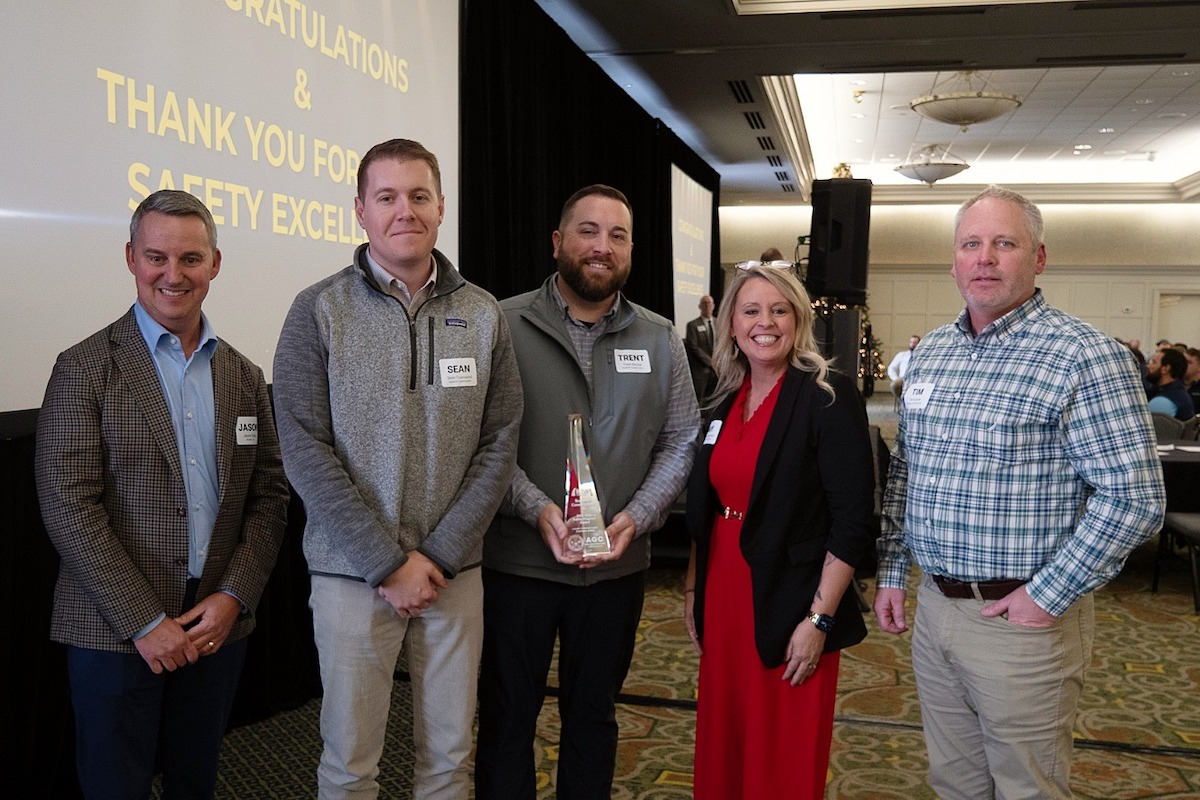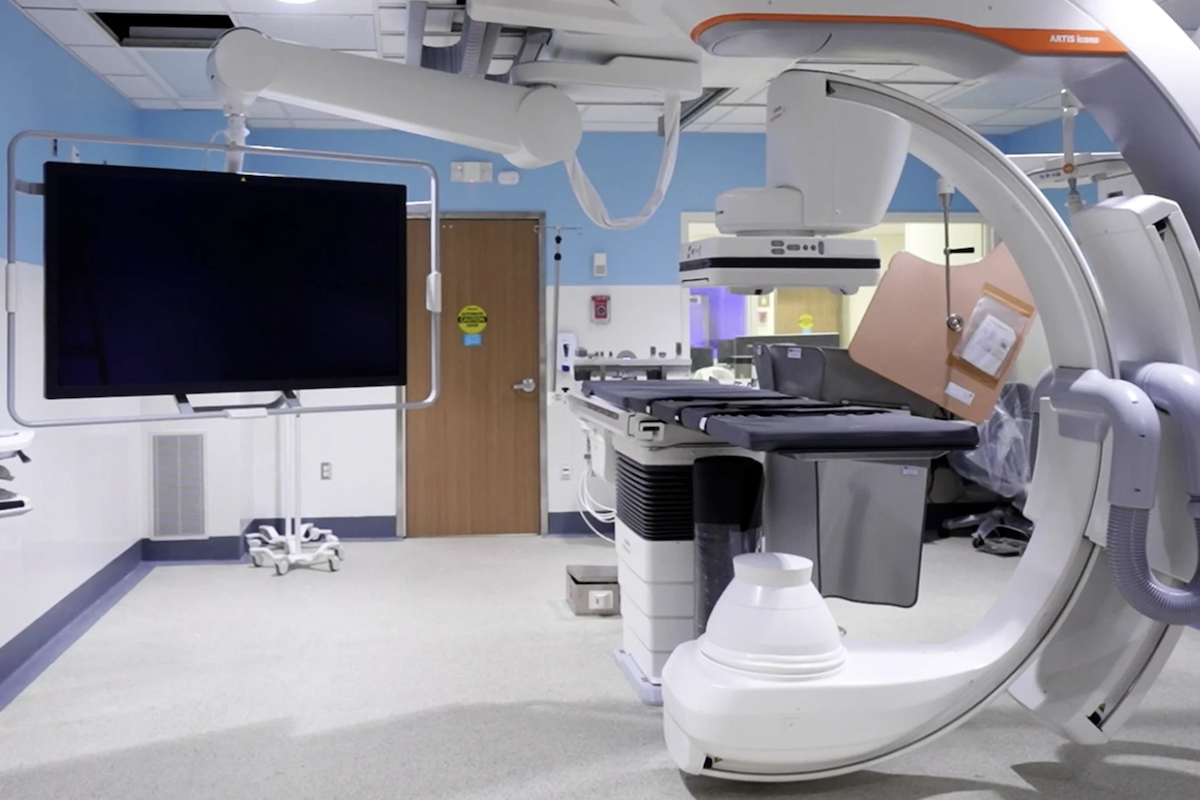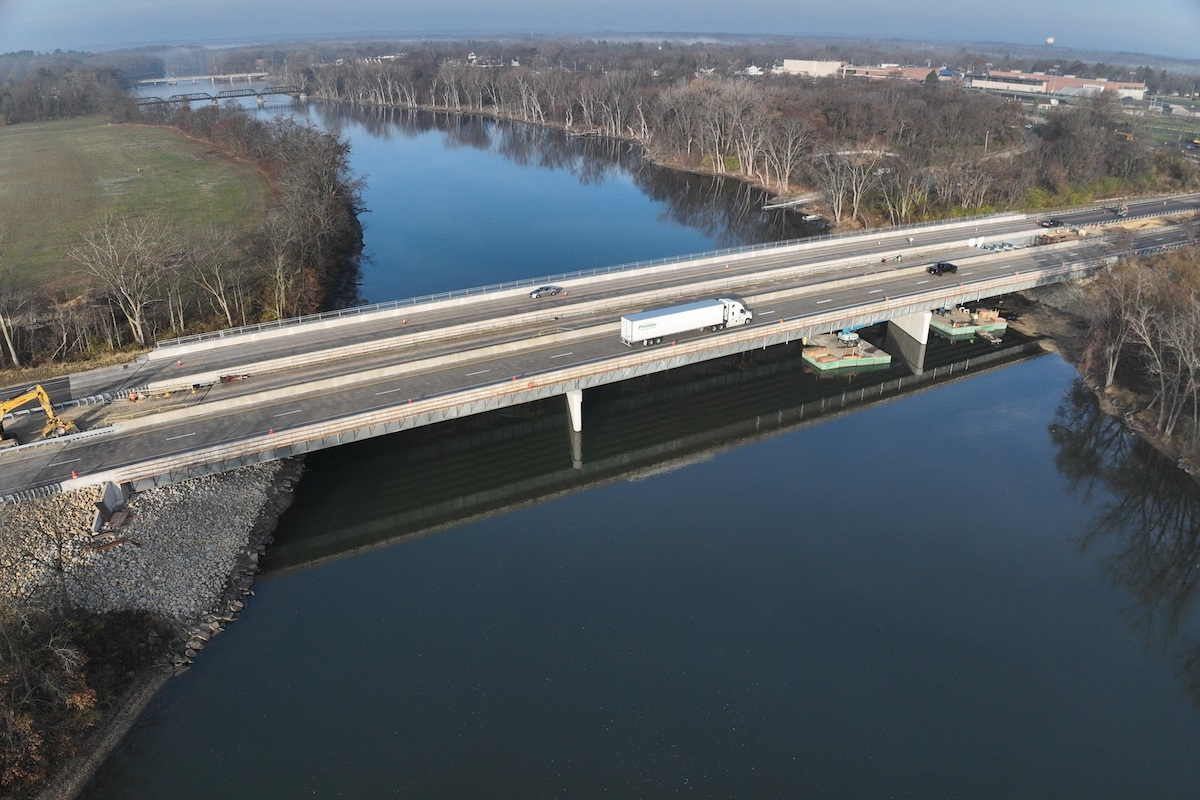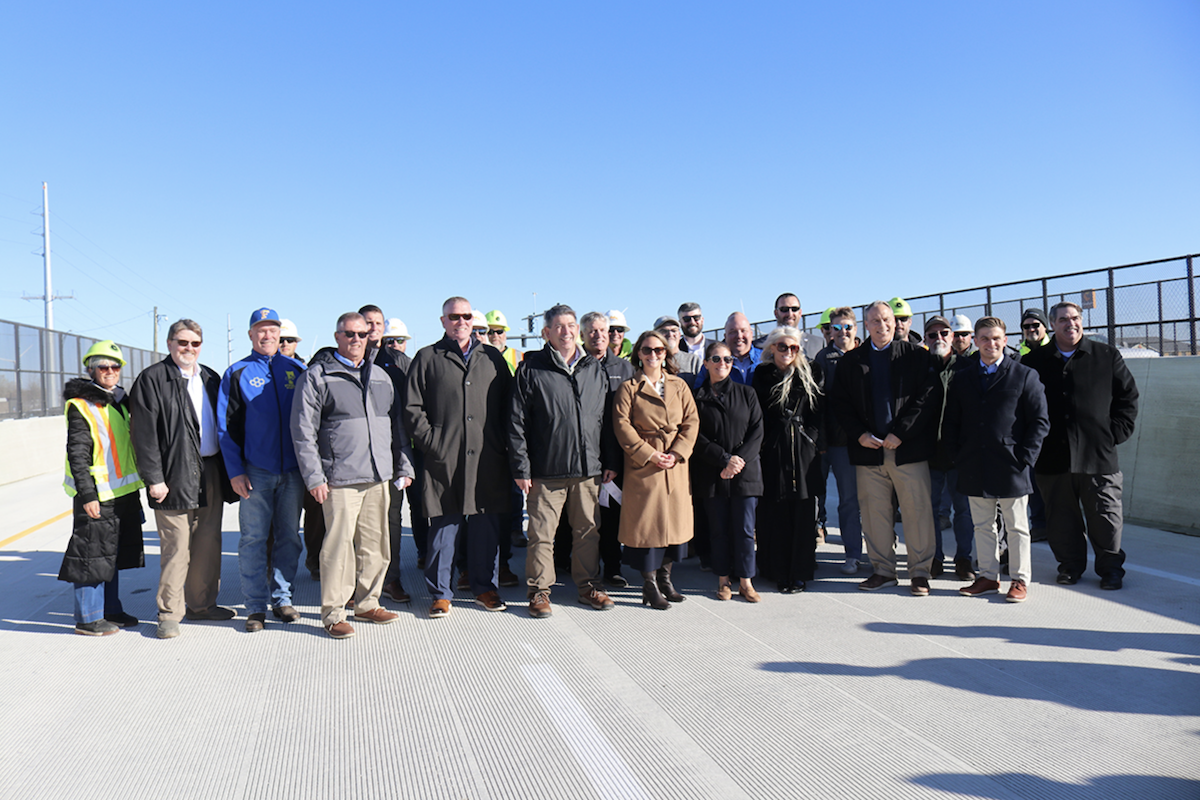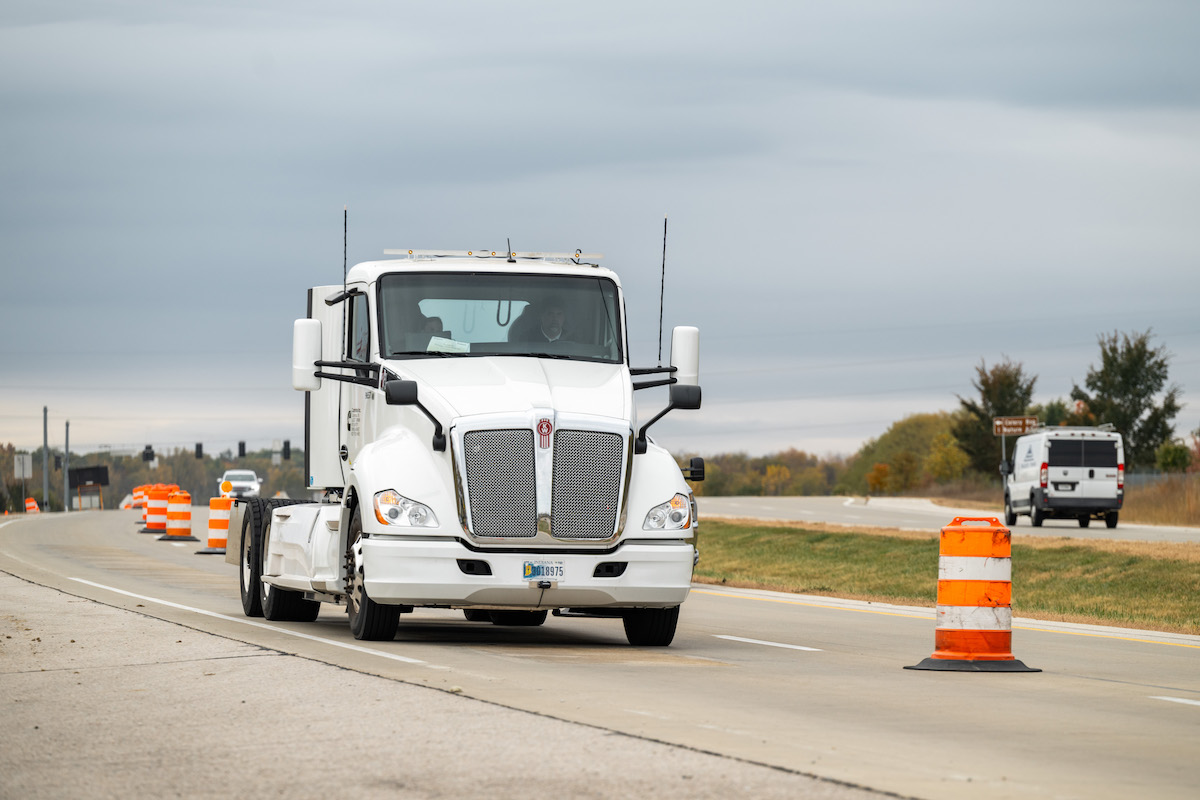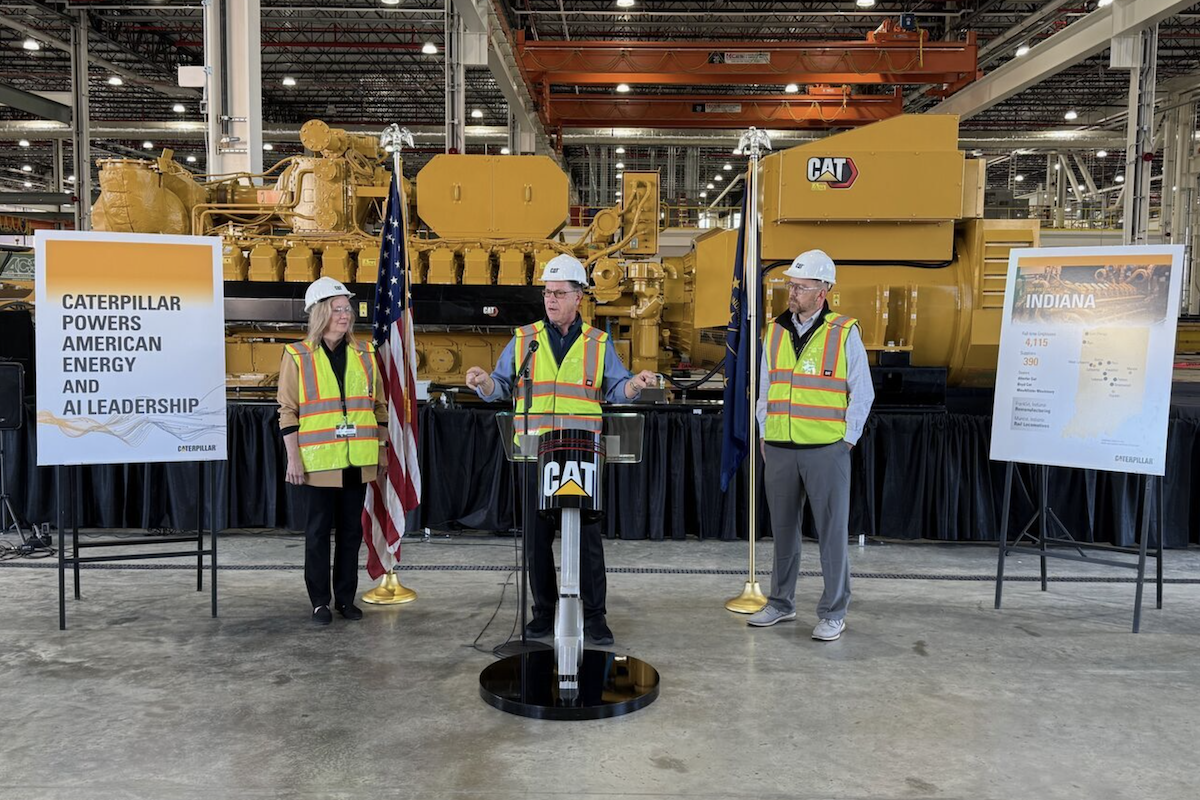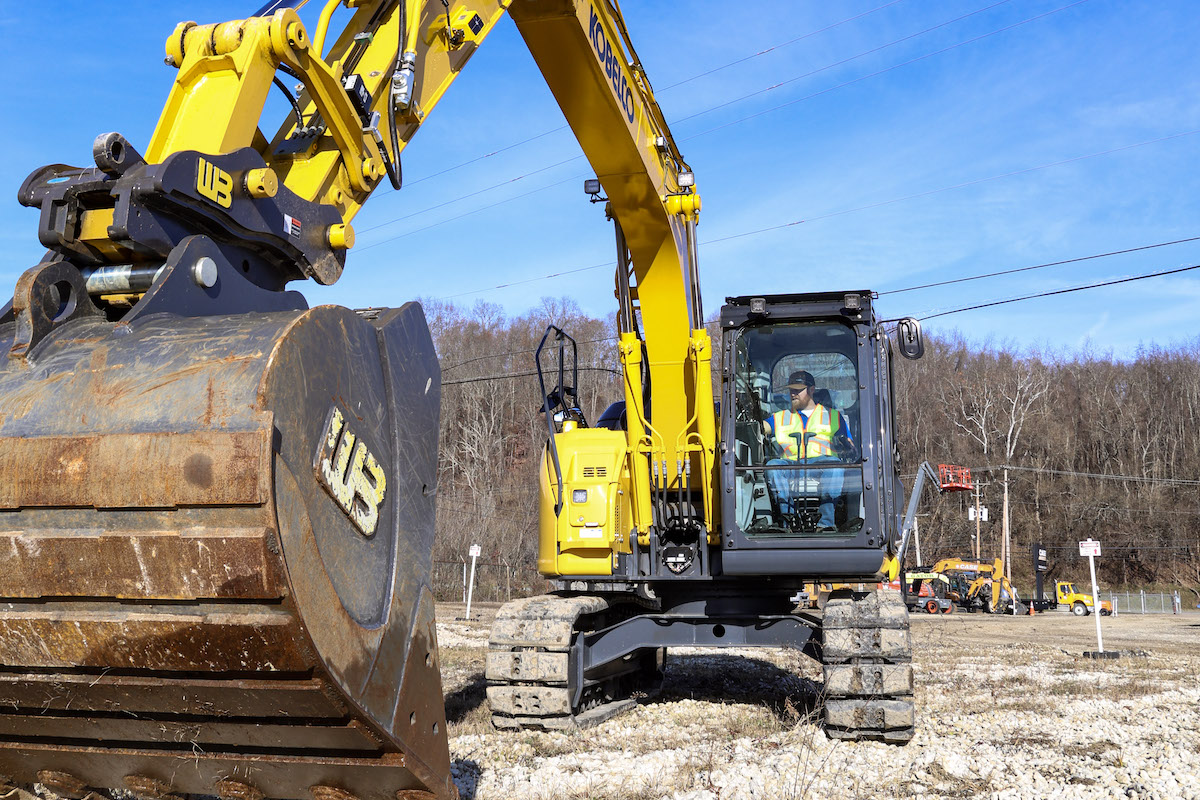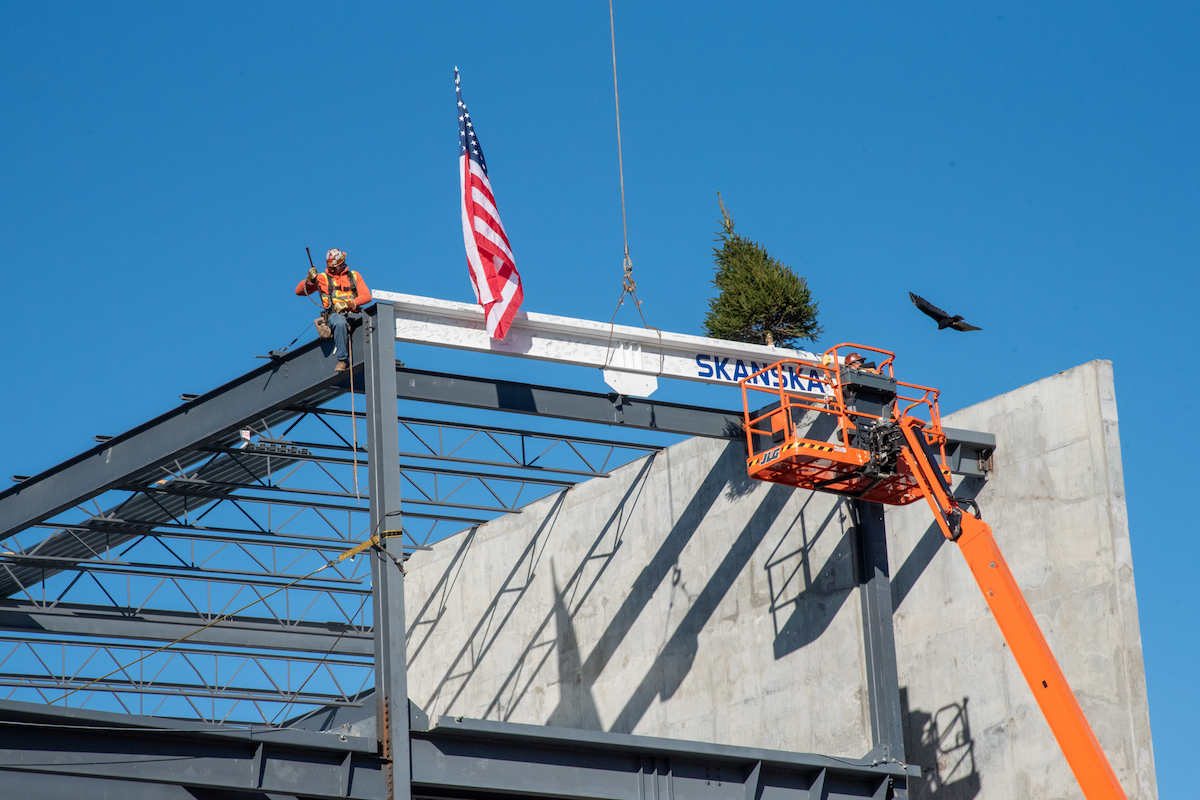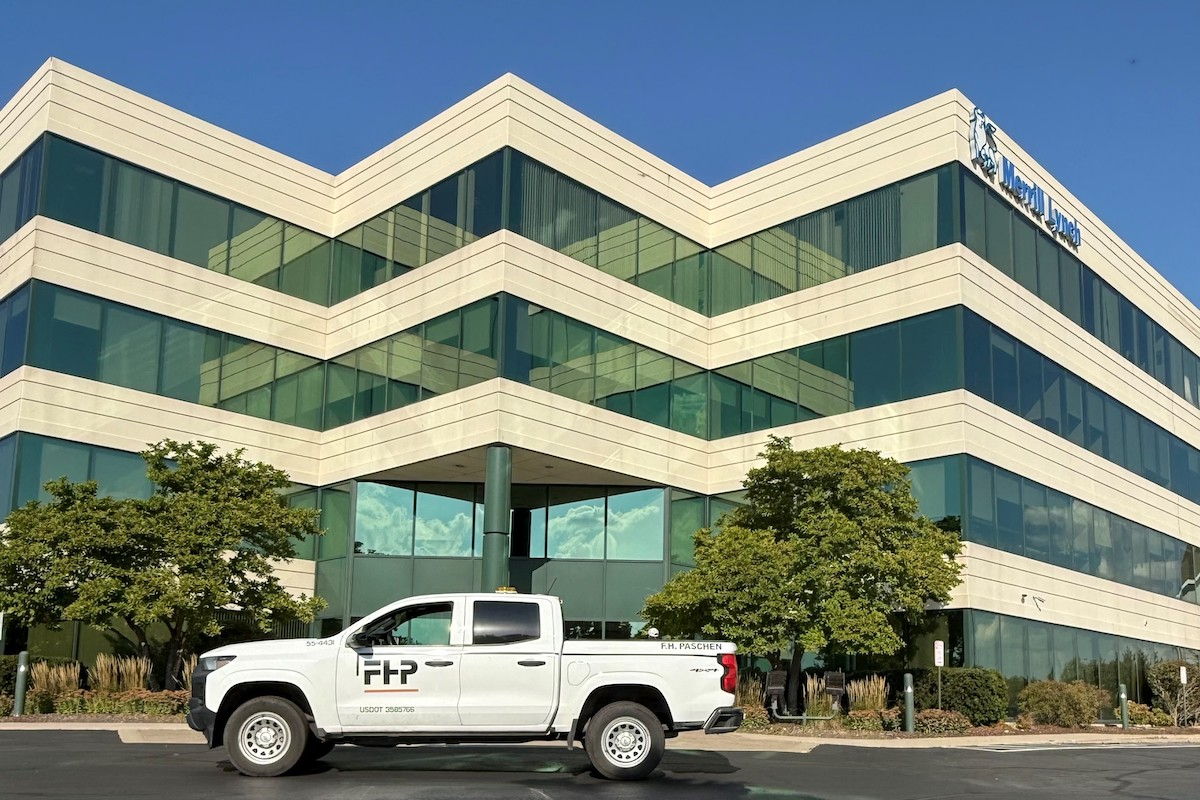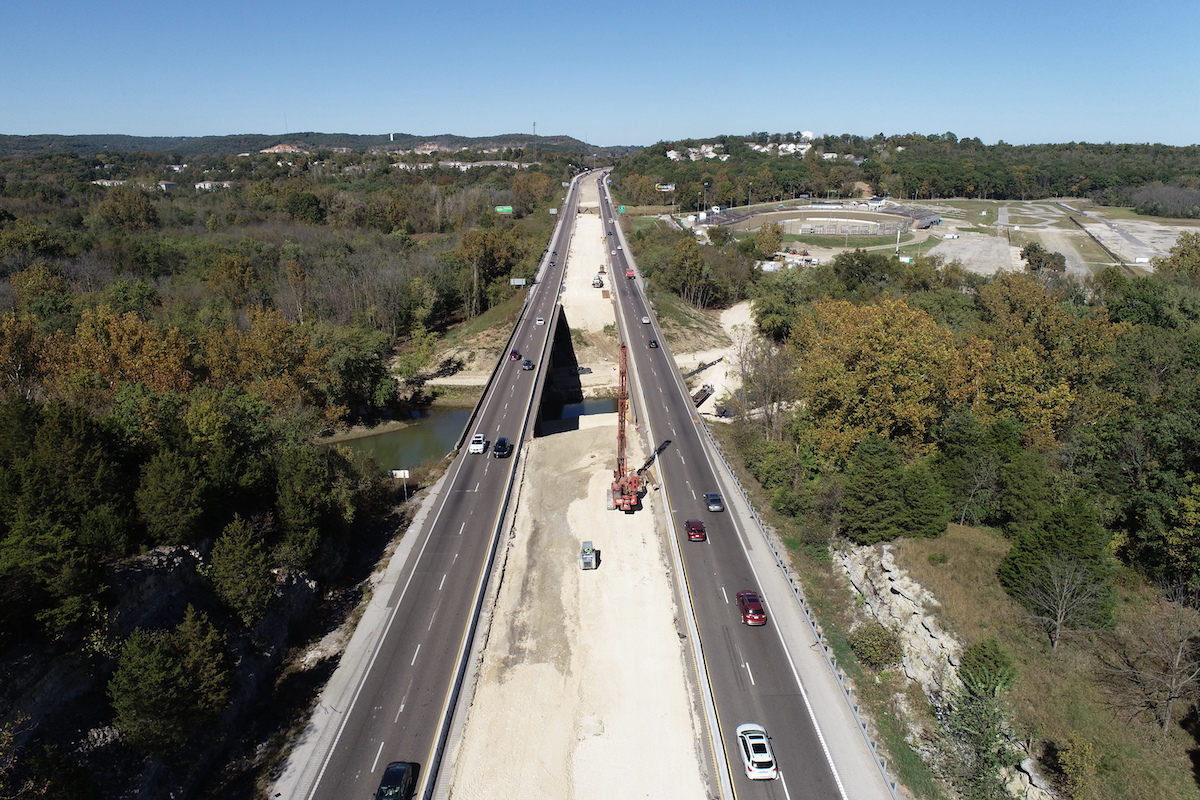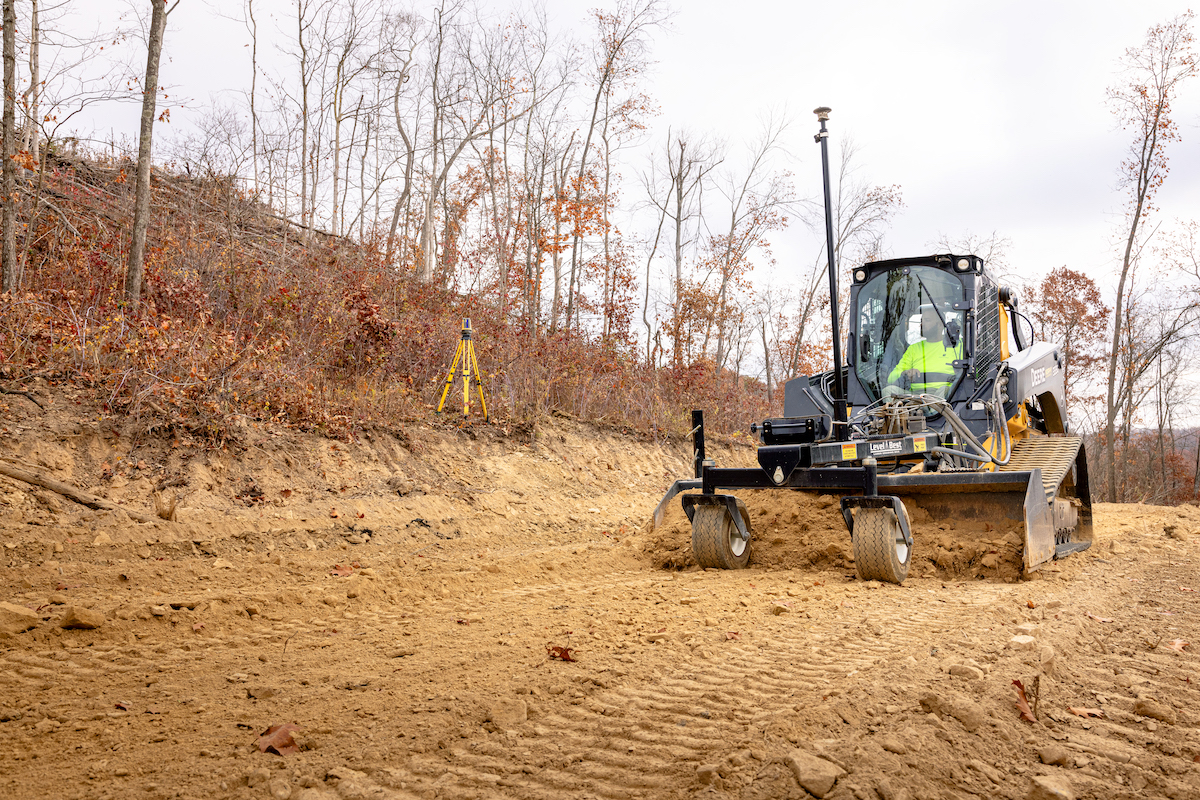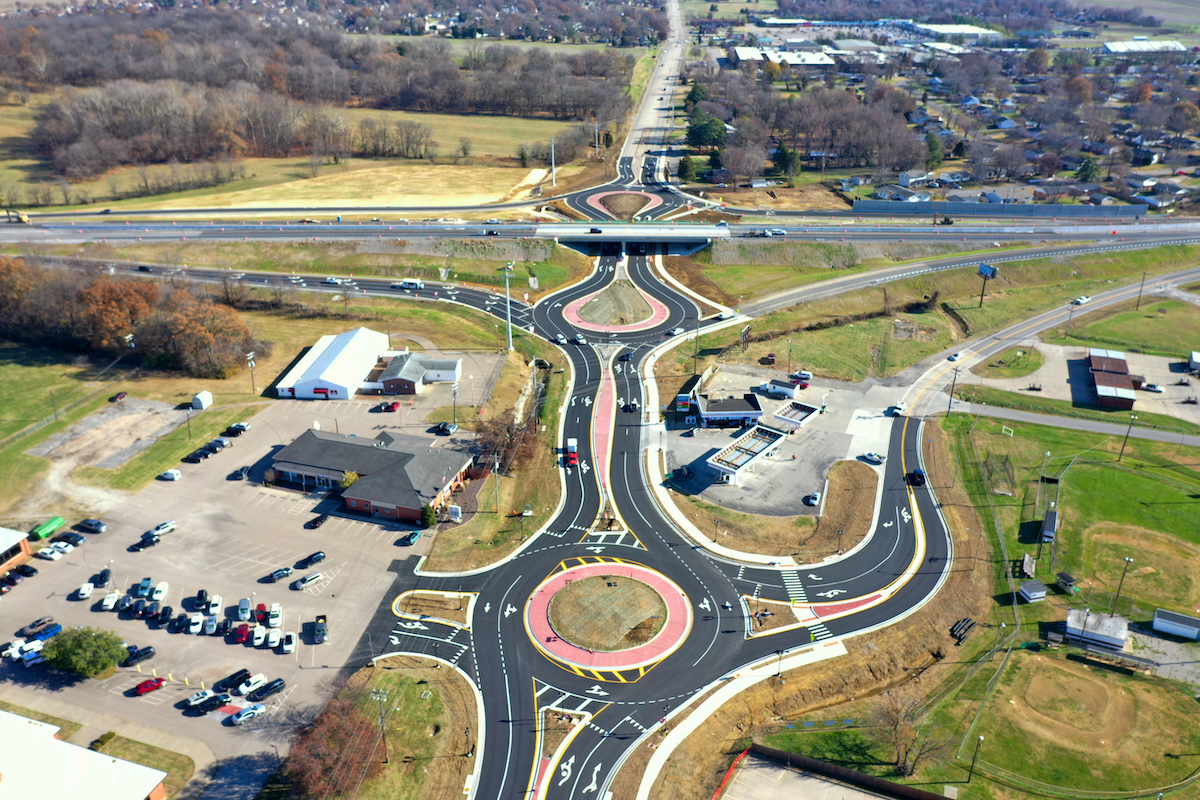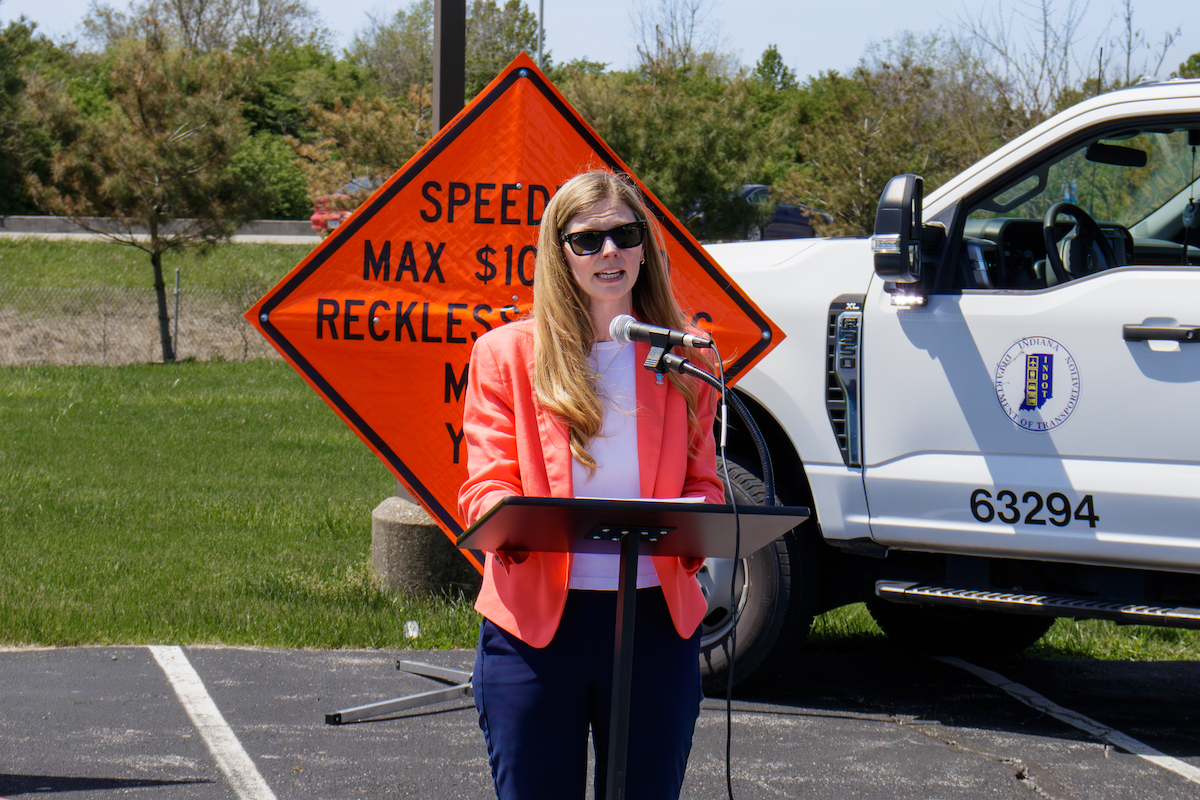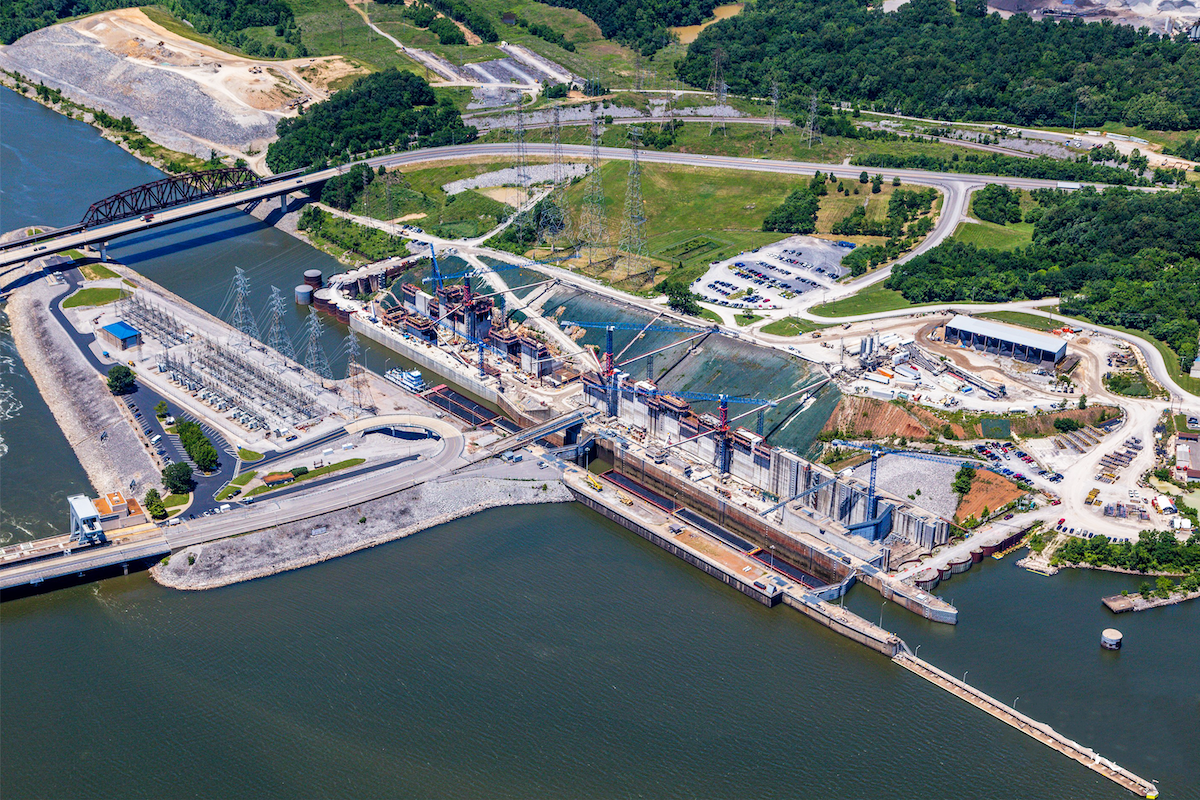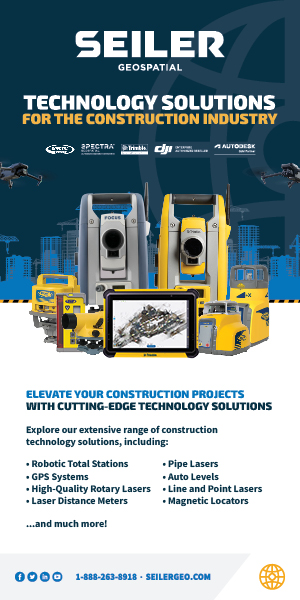Many contractors use primarily mid-size compact track loaders, but there are big benefits to rounding out a fleet with the industry’s smallest sit-in track loaders. The equipment opens up new job opportunities and provides a solution for the trend away from walk-behind and stand-on loaders toward safer equipment that can still deliver high productivity. This type of equipment allows contractors to better train their operators and improve safety.
The smallest sit-in compact track loaders are only about 4 to 5 feet wide, giving them the flexibility to get into tight areas that would be difficult to access with larger models. Their small sizes and low weights of about 3,750 pounds or less make them generally easy to transport with a 1/2-ton pickup truck and standard trailer. The sit-in loaders can also feature speeds almost two times faster than walk-behind or stand-on versions and rated operating capacities as high as 1,400 pounds. That means getting around the jobsite or from site to site more quickly while hauling more material.
Small projects don’t necessarily need a huge machine. Contractors can use a small compact track loader as an economical choice that is faster than doing the work manually and safer than using a walk-behind or stand-on loader. This could include stump removal and landscaping projects. These small machines are also useful for finishing work, such as trenching for wiring and piping. Contractors can take advantage of equipment heights as low as 6 feet.
Contractors should look for small sit-in compact track loaders with low ground pressures to minimize turf damage. Some manufacturers offer unique undercarriages that allow lower pressures than anything else on the market. Because they have a shorter track base, walk-behind and stand-on loaders generally have 25 percent higher ground pressure, usually starting at 4 psi compared to 3 psi from some small sit-in compact track loaders. That means less risk of a torn-up lawn and better flotation on soft surfaces and mud when operating a small sit-in compact track loader.

| Your local Atlas Copco CMT USA dealer |
|---|
| Brandeis Machinery |
One tradeoff for that open-air, no-cab feel found in walk-behind and stand-on loaders is operator safety. Such equipment, when used improperly, may be prone to tipping, meaning a higher risk of an operator being thrown off or injured by the machinery during a rollover. The operator is also exposed with no protection from debris, branches, or other obstacles. Some of the smallest sit-in compact track loaders have ROPS and FOPS rated cabs, allowing for excellent protection from rollovers or falling objects.
Another benefit of small sit-in compact track loaders is their usability. The size of the machines can make them less intimidating to new operators, as well as easier to operate and learn. This is especially true for equipment with standard joystick controls rather than dual-lever foot or H-pattern controls. For an experienced operator, these features offer greater productivity. In addition, some of these compact track loaders feature nearly 360-degree visibility to improve safety and ease of use.
Many of the same features that make a compact track loader safer than a walk-behind or stand-on loader also mean more comfort. Sitting on a padded seat means less fatigue on a long workday, and a pressurized cab outfitted with HVAC and a radio improves the overall experience. There’s also the comfort of familiarity. Walk-behind and stand-on loaders often have different control systems from manufacturer to manufacturer, while a small sit-in compact track loader has controls familiar to anyone who’s operated a larger unit.
The undercarriage can also contribute to operator comfort. Walk-behind and stand-on loaders generally have little to no suspension, meaning every bump is transferred to the operator and the machine. Certain small compact track loaders feature independent torsion axles and a flexible track that contribute to more comfort and less wear on the machine, as well as less material loss from the bucket caused by bumps.
Experienced operators know how common it is for compact track loaders to derail. That can mean spending half the day putting the track back on instead of getting work done. Some small sit-in compact track loaders are virtually derailment-proof. These machines include an undercarriage with extra track guiding and a flexible, high-strength, Polycord-embedded track for more ground contact. Some manufacturers of this machine type go so far as to offer a no-derailment guarantee.
When track change-out is necessary, the small size of the loader can make it simple to accomplish with just one person. This is especially true if the equipment features an all-rubber track, which is lighter than steel-embedded versions. General service items are close to ground level, speeding up the process, and can be serviced with normal-size tools.
Some models also save time by requiring no exhaust aftertreatment. For even easier maintenance, contractors should look for models with a large rear-tilting hood that provides easy access to all maintenance points, including filters, oil and fuel tanks, reservoirs, hydraulic and water separator drains, and the battery. Easy loader valve access is another plus. Finally, standard metal-face seals on the front and back will ensure the drive hubs don’t require maintenance for the life of the machine.
ASV, a Yanmar Compact Equipment brand, offers a full line of compact track and skid-steer loaders. For more information, call 800-205-9913 or visit www.asvi.com.
Photos courtesy of ASV















